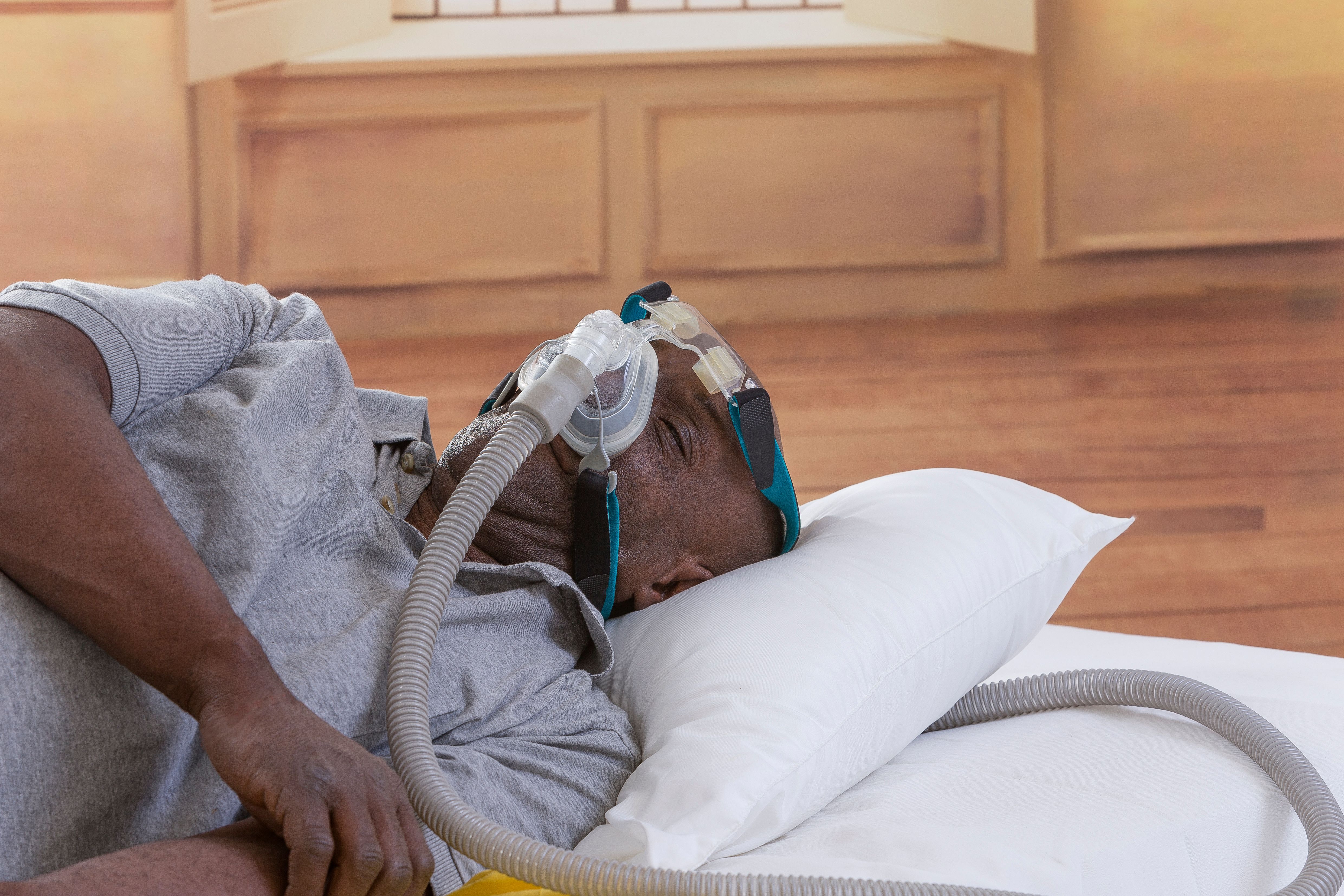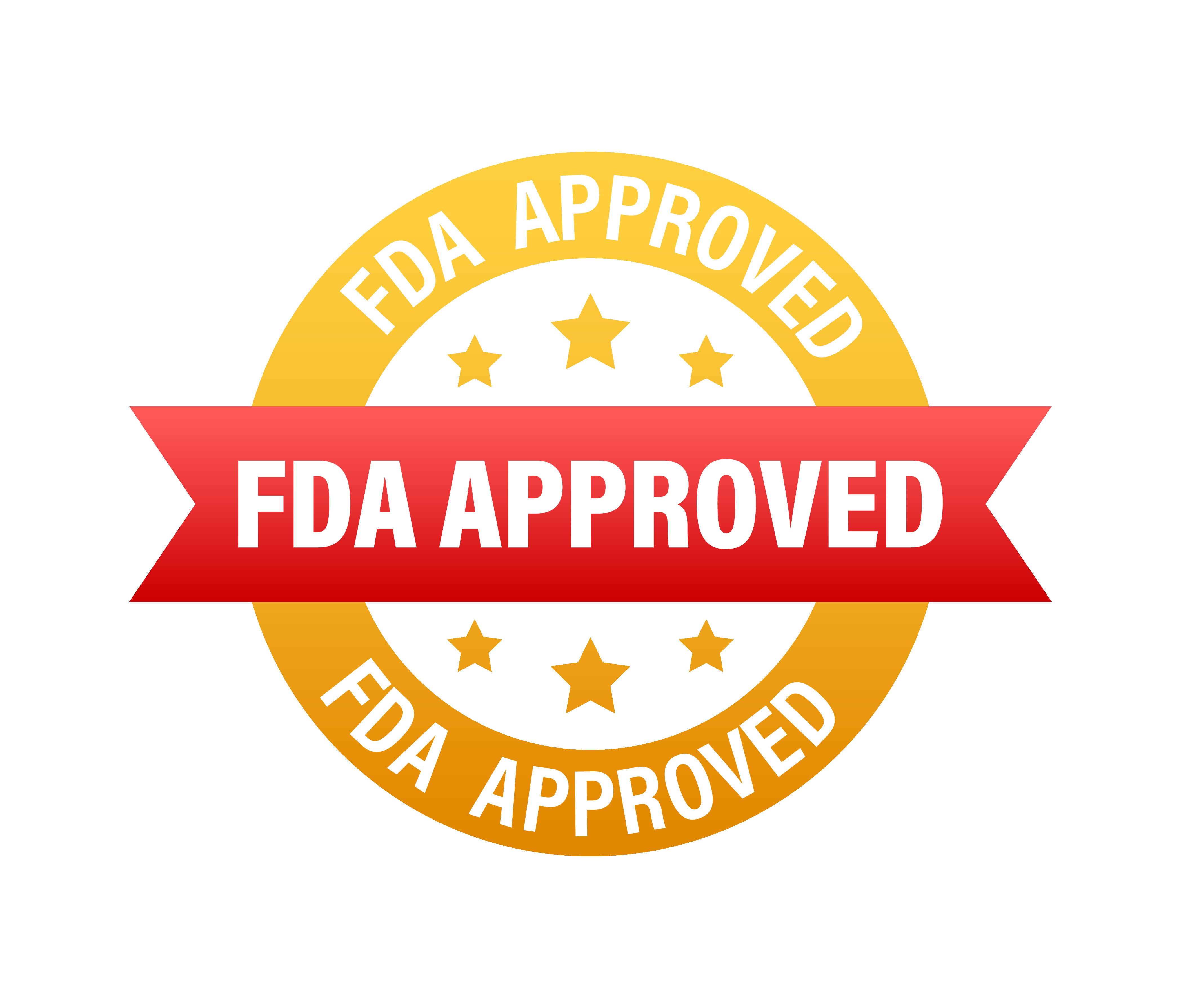News
Article
Patients With Psoriasis Face Increased Risk of Obstructive Sleep Apnea, Study Finds
Author(s):
Key Takeaways
- Individuals with psoriasis have a 20% higher risk of developing OSA, even after adjusting for common risk factors.
- The study utilized a large dataset, enhancing the generalizability of its findings and suggesting a shared pathophysiology between psoriasis and OSA.
Research further shows a significant association between patients with psoriasis and an increased incidence of obstructive sleep apnea (OSA).
The relationship between psoriasis and obstructive sleep apnea (OSA) was highlighted in a recent study published in the Archives of Dermatological Research.1 The retrospective cohort study, which represents one of the largest retrospective cohort analyses to examine this link, aimed to further explore whether individuals diagnosed with psoriasis are at higher risk of developing OSA.
The study used the TriNetX dataset, which includes electronic health records (EHR) from more than 96 million people across the United States. The research included 372,609 patients with psoriasis, matched against a control group of similar size based on age, sex, race, and OSA risk factors such as obesity, smoking, hypertension, diabetes, and hyperlipidemia.
Psoriasis may increase one's risk of developing sleep apnea | image credit: JPC-PROD - stock.adobe.com

The findings were clear: “Individuals with psoriasis were more likely to have a diagnosis of OSA compared to those without psoriasis," (RR, 1.26; 95% CI, 1.25–1.28; P < .0001), the researchers noted. Even after adjusting for known risk factors of OSA, the association remained statistically significant, with a risk ratio of 1.20 (95% CI, 1.18–1.21; P < .0001), showing that people with psoriasis had a 20% higher chance of being diagnosed with OSA than their non-psoriasis counterparts.
The study's authors suggest that the link between psoriasis and OSA may not be coincidental, noting that “the bidirectional relationship between OSA and psoriasis suggests a common pathogenetic pathway.” They add that “previous studies found significant, positive, and even bidirectional association between OSA/psoriasis occurrence.”
The researchers emphasize that "The outcomes of our study build on trends seen in prior studies," including a 2016 Danish nationwide cohort study, which reported that 60,175 patients with mild or severe psoriasis had a 1.36 to 1.53-fold increased likelihood of developing OSA.2 Another analysis involving 5,140 psoriasis patients in the All of Us Research Program reported a 1.45-fold increase in the odds of OSA among people with psoriasis, even after adjusting for common risk factors.3
This new study significantly expands on these earlier findings by using a much larger sample size, improving the generalizability of the results and “warranting further investigation into shared pathophysiology,” the authors note.
Psoriasis is also strongly associated with cardiovascular disorders, which are prevalent in patients with OSA. Biologic treatments often used for psoriasis have also been shown to improve cardiovascular morbidity.4 “Therefore, futureresearch considering psoriasis severityand systemic/biologic treatments can significantly enhance understanding ofthis relationship,” the researchers suggest.1
However, the study did acknowledge certain limitations, particularly the reliance on EHR data, which could introduce misclassification bias. Additionally, the severity of psoriasis or OSA in individual patients was not documented, meaning that the results could be further refined in future studies that include more detailed clinical data.
Despite these limitations, the authors believe that the findings warrant further attention from healthcare providers. "With enhanced understanding, there may be a future role for formally assessing patients with psoriasis for OSA," with the authors suggesting a good starting point is for clinicians to consider incorporating sleep quality screenings in routine care for psoriasis patients.
The study’s findings highlight the significant public health implications of the association between psoriasis and obstructive sleep apnea (OSA), given that OSA affects up to 20% of American adults. Due to the serious complications associated with untreated OSA, such as cardiovascular disease, mental health disorders, and increased daytime fatigue, early detection and management in psoriasis patients could have significant long-term benefits.5
References
- Patil MK, Rohan TZ, Venkatesh KP, et al. Association of psoriasis with obstructive sleep apnea: a retrospective cohort study using the TriNetX dataset. Arch Dermatol Res. 2024;316(9):666. doi:10.1007/s00403-024-03412-3
- Egeberg A, Khalid U, Gislason GH, Mallbris L, Skov L, Hansen PR. Psoriasis and sleep apnea: a Danish nationwide cohort study. J Clin Sleep Med. 2016;12(5):663-671. doi:10.5664/jcsm.57903
- Shaw VR, Tobias LA, Cohen JM. Obstructive sleep apnea among patients with psoriasis: A case-control study in the All of Us Research Program. J Am Acad Dermatol. 2024;90(3):666-668. doi:10.1016/j.jaad.2023.11.031
- Terui H, Asano Y. Biologics for reducing cardiovascular risk in psoriasis patients. J Clin Med. 2023;12(3):1162. doi:10.3390/jcm12031162
- Morsy NE, Farrag NS, Zaki NFW, et al. Obstructive sleep apnea: personal, societal, public health, and legal implications. Rev Environ Health. 2019;34(2):153-169. doi:10.1515/reveh-2018-0068
Newsletter
Stay ahead of policy, cost, and value—subscribe to AJMC for expert insights at the intersection of clinical care and health economics.





